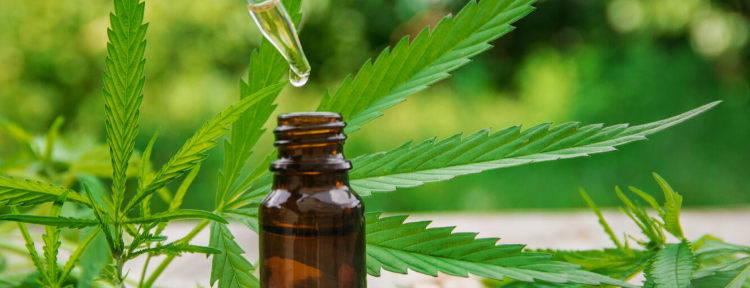
MEDICINAL CANNABIS: A POTENTIAL ALLY IN MANAGING MCAS, ALLERGIES, HORMONAL DISRUPTION, AND MENSTRUAL ISSUES
with Renee Dyson-Holland
Medicinal cannabis, often referred to as medical marijuana, is gaining recognition for its therapeutic potential in addressing a range of health conditions. Among these conditions are Mast Cell Activation Syndrome (MCAS), allergies, hormonal disruptions, and menstrual issues.
In this article, we explore how medicinal cannabis may offer relief, the various routes of administration, and the scientific research supporting its use.
Medicinal Cannabis and MCAS:
Mast Cell Activation Syndrome (MCAS) is a condition characterised by mast cells releasing excessive histamine and other inflammatory compounds, leading to allergy-like symptoms. Medicinal cannabis, specifically its cannabinoids like THC and CBD, has shown promise in managing MCAS.
Cannabinoids Anti-Inflammatory Properties: Cannabinoids have anti-inflammatory effects that can help reduce the activation of mast cells and the release of histamine.
Symptom Management: Medicinal cannabis may alleviate MCAS symptoms such as skin rashes, gastrointestinal issues, and respiratory problems.
Medicinal Cannabis and Allergies:
Allergic reactions involve the release of histamine, causing itching, sneezing, and more. Medicinal cannabis may help manage allergies through its influence on the endocannabinoid system.
Endocannabinoid Regulation: Cannabis interacts with the endocannabinoid system, which plays a role in immune response and inflammation.
Potential Relief: Some individuals report reduced allergy symptoms with the use of medicinal cannabis, though research is ongoing.
Medicinal Cannabis and Hormonal Disruption/Menstrual Issues:
Hormonal imbalances can lead to menstrual irregularities, mood swings, and discomfort. Medicinal cannabis, when used thoughtfully, may help address some of these issues.
Pain Management: Cannabis can provide pain relief, potentially easing menstrual cramps and discomfort.
Stress and Anxiety: Cannabis may help manage stress and anxiety, which can exacerbate hormonal disruptions and menstrual issues.
Research Gaps: While some anecdotal evidence exists, more research is needed to understand the precise effects of cannabis on hormonal health.
Different Routes of Entry and Application:
Medicinal cannabis can be administered in various forms to suit individual preferences and needs:
- Inhalation: Inhalation methods, such as smoking and vaporisation, offer quick onset of relief and are often preferred for acute symptoms.
- Oral Ingestion: Edibles, capsules, and tinctures provide a longer-lasting effect but may take longer to kick in.
- Topical Application: Creams, balms, and oils can be applied directly to the skin for localised relief, making them suitable for skin conditions.
- Sublingual: Under-the-tongue tinctures allow for faster absorption into the bloodstream.
- Rectal and Vaginal Suppositories: These methods provide a localised effect and may be used for specific conditions, however I am yet to establish how this interacts with the vaginal microbiome – good or bad – watch this space.
While anecdotal evidence supports the benefits of medicinal cannabis in managing MCAS, allergies, hormonal disruption, and menstrual issues, more rigorous scientific research is needed to establish its efficacy, dosing, and safety profiles for each condition. Several studies are ongoing to shed light on these matters.
Medicinal cannabis holds promise as a potential therapeutic option for managing conditions like MCAS, allergies, hormonal disruptions, and menstrual issues. However, it should be approached with caution and under the guidance of a healthcare professional, especially due to the complexity of individual responses and the need for more research. As scientific knowledge continues to grow, medicinal cannabis may become a valuable tool in improving the quality of life for individuals grappling with these health challenges.

*This blog features the views of the writer and is for educational purposes only. The content is not intended to be a substitute for professional medical advice, diagnosis, or treatment. Always consult your doctor or other qualified health practitioners before acting on information on this article.


